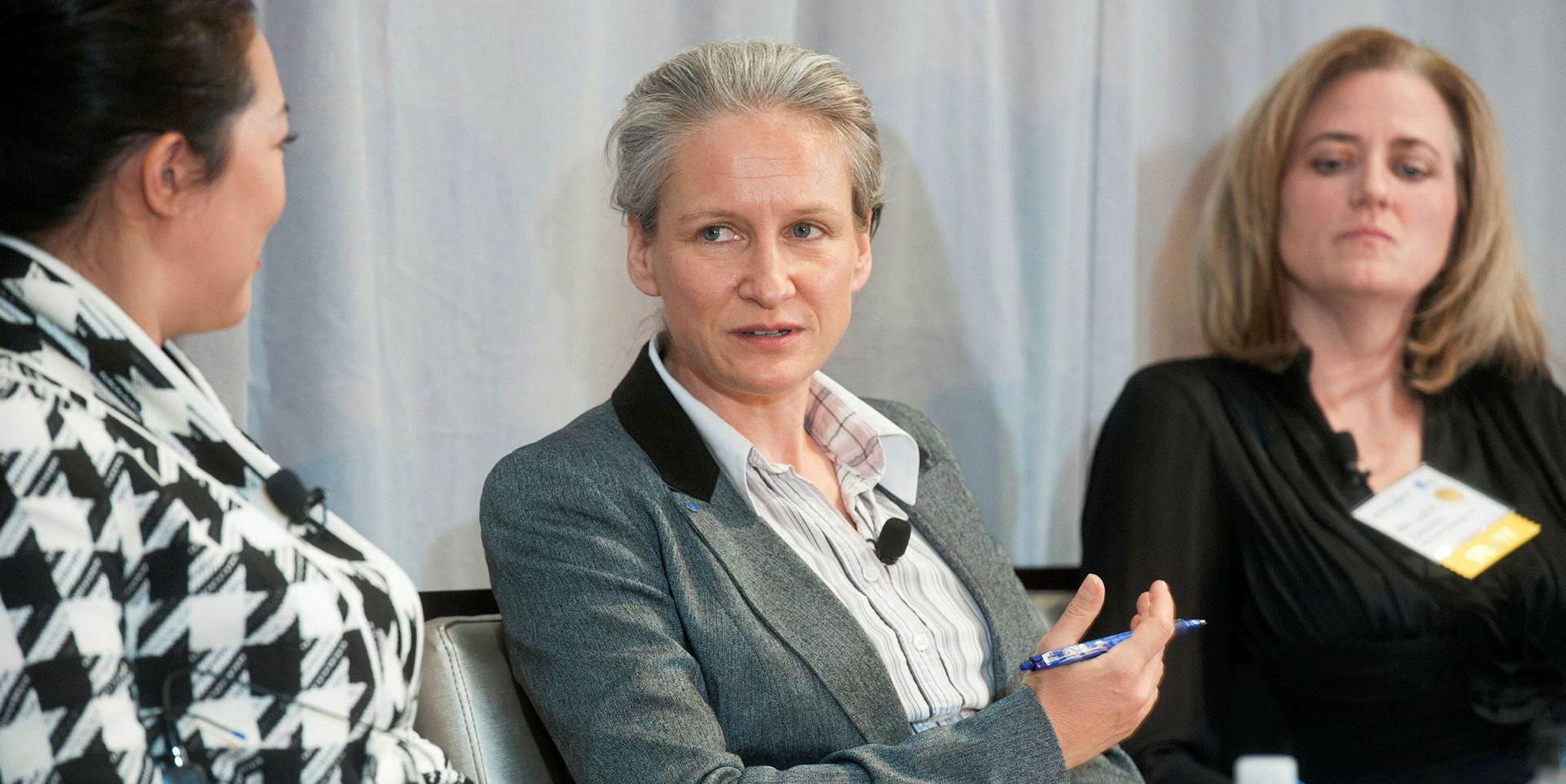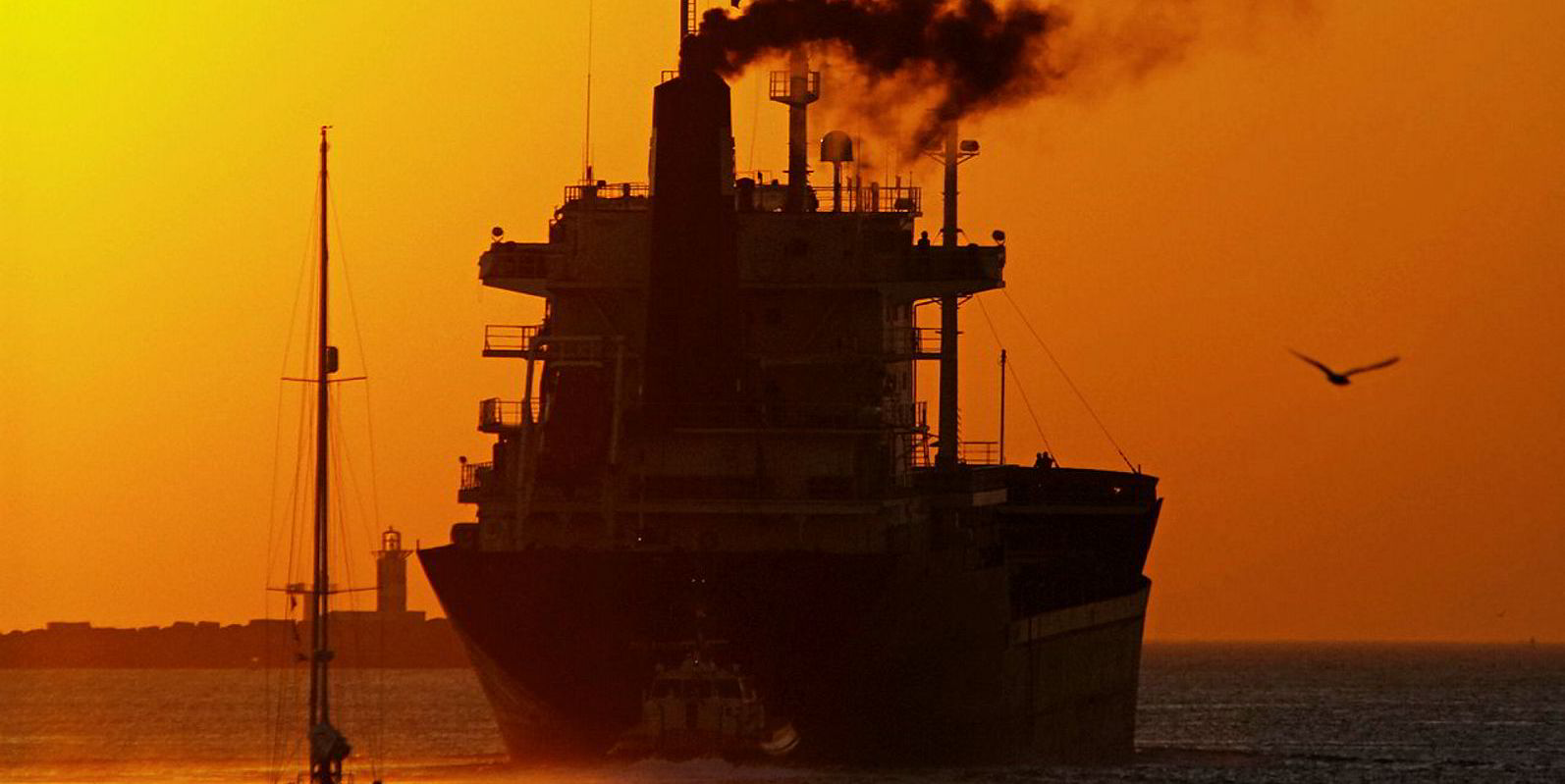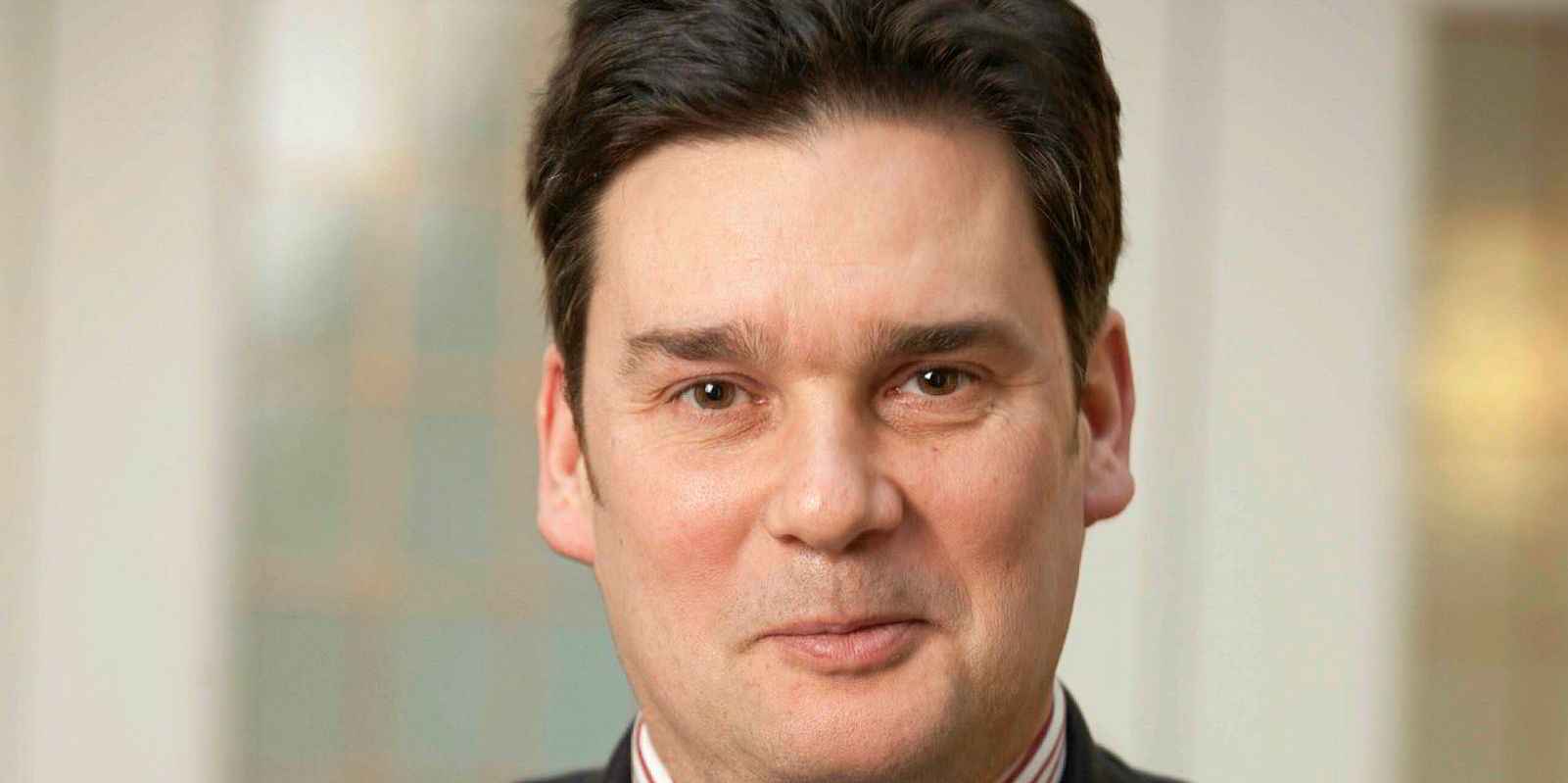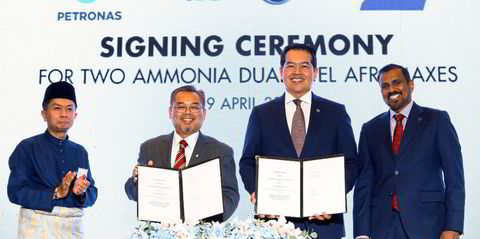Tanker owners' association Intertanko has hit out at a decision by the European Parliament this week to include shipping in the region's Emissions Trading Scheme (ETS).
Intertanko said the move threatened to damage attempts to come to an agreement on reducing global carbon emissions at the International Maritime Organization and would hit the shipping industry with a €3.5bn ($4.1bn) tax bill.
Intertanko managing director Katharina Stanzel said: “We have yet to assess the overall consequences of such a measure, but it could seriously undermine the efforts taken by the IMO under its strategy to reduce greenhouse gas emissions from international shipping."
The EU’s proposal, which was formerly approved by the European Parliament this week, applies to ships over 5,000 gt trading to the region’s ports. Ships will be required to buy allowances for every tonne of CO2 emitted during the entirety of these voyages.
Intertanko technical director Dragos Rauta estimated that, based on an assessment of the results of the EU measuring, reporting and verification (MRV) of carbon emissions scheme and the current carbon price, the move would cost shipping billions of euros.
“The aggregate cost for ships trading to EU ports could be as high as €3.5bn per year, with a heavy load for ships engaged in long voyages,” he explained.
Around 20% of the funds raised through the scheme have been earmarked for the “restoration and better management of marine ecosystems”.
However, how much will be used to help reduce shipping’s carbon emissions has not been declared, Intertanko pointed out.
“If this share is small, the scheme will turn into a carbon tax or offsetting arrangement, which will not really cut emissions from shipping at all,” Rauta said.
Because the measures would also be applied to ships which trade to Europe from other countries, the economic impact would be felt outside the region, Rauta pointed out.
Intertanko said it will continue to investigate the potential impact of the ETS and enter into discussion with other EU states.






